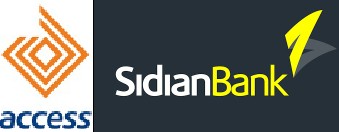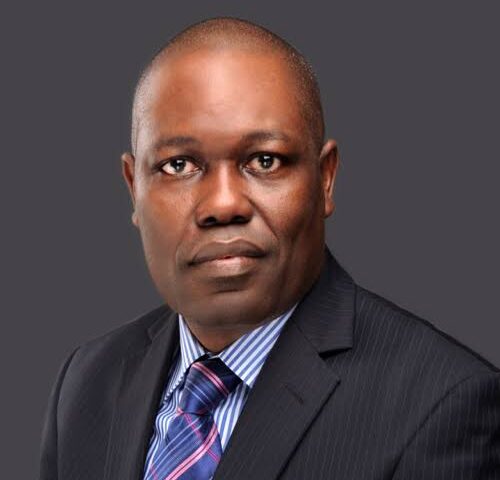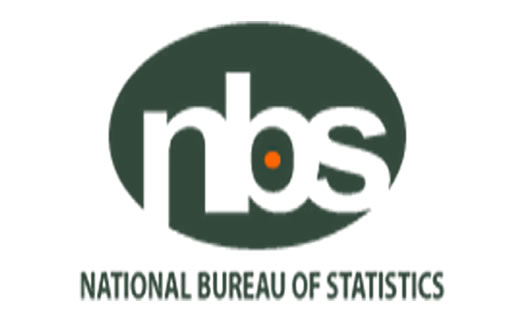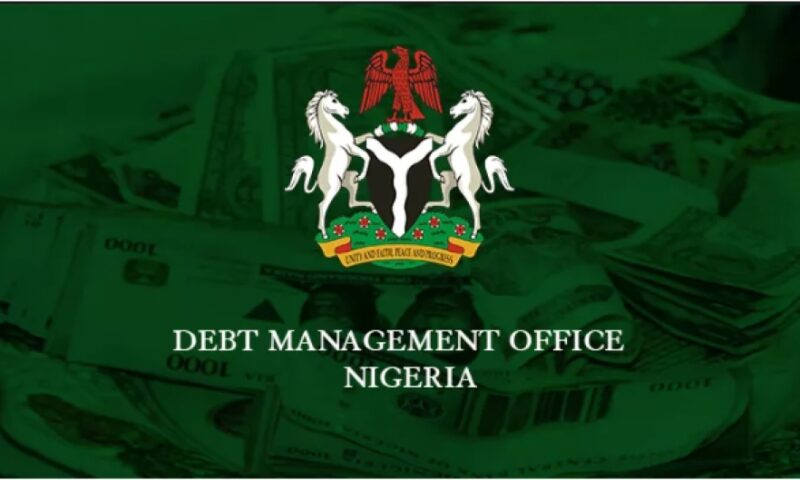Afreximbank renews $1bn facility for AfCFTA
By Favour Nnabugwu
The Board of Directors of the African Export-Import Bank (Afreximbank) at its 134th meeting in Cairo, Egypt, renewed its approval of a $1 billion facility to operationalise the African Continental Free Trade Agreement (AfCFTA) Adjustment Funds.
It added that a $10 million Grant Funding to seed the Base Fund of the AfCFTA Adjustment Funds, was equally approved yesterday
Afreximbank and the AfCFTA Secretariat were mandated by the AfCFTA Council of Trade Ministers and the African Union Heads of State and Government to establish and operationalise the AfCFTA Adjustment Funds, which consists of the Base Fund, the General Fund, and the Credit Fund.
The Base Fund will be used to mobilise grants to address tariff revenue losses and to support AfCFTA State Parties to implement the various protocols under the Free Trade Agreement.
The General Fund will be used to mobilise concessional funding, while the Credit Fund will be used to mobilise commercial funding that will be used to support the public and private sector including small and medium enterprises (SMEs), youth and women to adjust to the new trading environment arising from the AfCFTA.
Commenting on the approvals, Professor Benedict Oramah, President, and Chairman of the Board of Directors of Afreximbank, said, “Afreximbank is delighted to have been appointed the Fund Manager of the AfCFTA Adjustment Funds following the extensive collaborative work it has done with the AfCFTA Secretariat and the African Union Commission during the past few years.
“The renewal of the US$1 billion facility and the US$10 million grant funding represents resounding entrustment by our Board of Directors of these efforts. These facilities will again be contributing to making a great idea a reality. We thank the AfCFTA Secretariat for the solid partnership that is bringing the aspirations of the AfCFTA within reach.”
The funding required under the Adjustment Funds is estimated at $8-10 billion. The AfCFTA Adjustment Fund will be managed by Afreximbank, through its subsidiary, the Fund for Export Development in Africa (FEDA), in collaboration with the AfCFTA Secretariat.
“We urge other development partners and financial institutions to provide additional resources required under the Adjustment Funds to support the implementation of the AfCFTA”, said Mr. Wamkele Mene, the Secretary-General of the AfCFTA Secretariat.
“The endorsement by the Afreximbank Board brings the continent closer to operationalising the AfCFTA Adjustment Funds before the end of 2022









